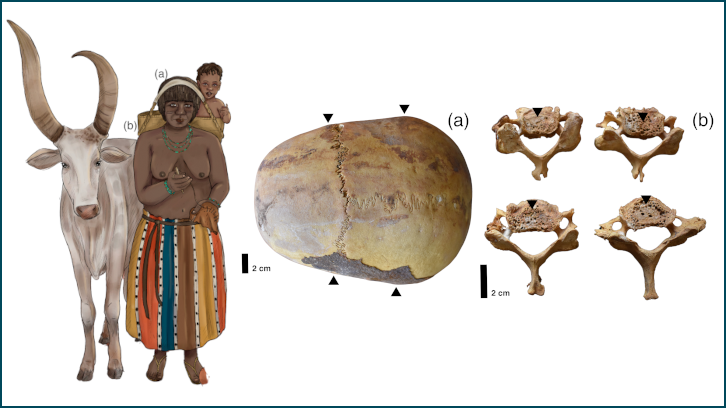How (Not) to Talk About Adoption

Author: iStock.com/syntika.
Until 2008, Spain had an extremely high adoption rate, accompanied by a birth rate that continues to be among the world’s lowest. These idiosyncrasies show that people in Spain carefully plan their families, making Spain a good place for encountering the definition of families and how they are created.
In this context where transnational adoption is common and normalized, the authors of this study, published in one of the top ten anthropology journals, found that speakers of adoption do not follow a specific set of rules about what to say (such as “you were meant to be our child”) or not to say (such as “the adoption was very expensive”).
Instead, they observe a generalized sense of caution when speaking and not speaking about adoption. This caution is best described as “communicative vigilance”. It springs from the difficulty of mediating two contradictory understandings of talk and kinship: (1) a referentialist one in which adoption’s undesirability must be masked and (2) a performative one in which talk can create a new world where adoption is equivalent to and as valuable as more conventional ways of creating families.
These findings represent an advance in anthropological studies of language and kinship. While most research on language socialization focuses on children, this study examines the language socialization of adults who will later be responsible for socializing their children and other adults. The study also identifies an area where talk about family takes place, which is useful given that ideas about family are often treated as common-sense and difficult to elicit formally.
Goucher College
Jessaca B. Leinaweaver
Brown University
Diana Marre
Department of Social and Cultural de Anthropology (UAB)
Diana.Marre@uab.cat
References
Frekko, Susan E.; Leinaweaver, Jessaca B.; Marre, Diana. How (not) to talk about adoption: On communicative vigilance in Spain. American Ethnologist. 2015, vol. 42, num. 4, p. 703-719. doi: 10.1111/amet.12165.


